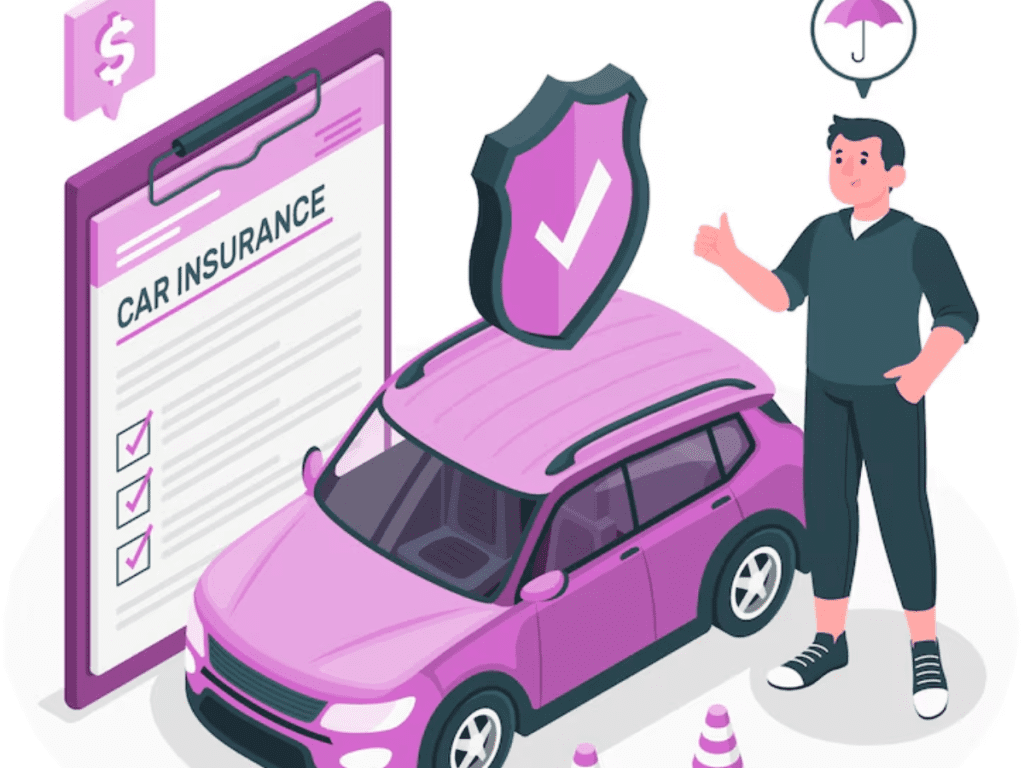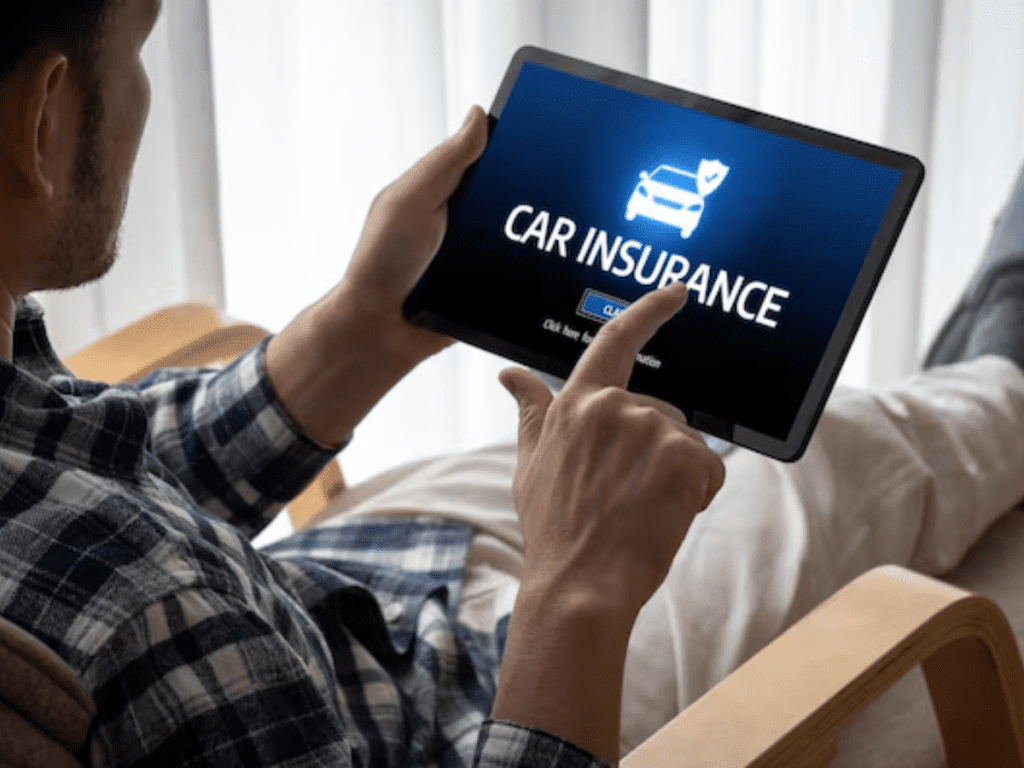Introduction
Being involved in a car accident is usually a surprise and traumatic incident that leaves vehicle drivers and occupants dazed and confused about their next course of action Regardless of whether the crash is a light fender incident or a high impact collision those first few moments are critical and should be tackled with caution and a clear mind The first concern should always be the safety and well being of all concerned individuals This involves inspecting for any injuries calling for emergency services when necessary and evacuating to safety if the cars are in an obstructive and dangerous position After the immediate threat has passed, it is also important to get information from the other party concerned in the collision This involves names contact information driver’s license number license plate numbers and insurance coverage It is also strongly advised that photos of the accident scene damaged vehicles road surface and any injuries visible be taken if possible The above steps will be the cornerstone of your claim to the insurer and provide very important evidence for the fault assignment process
Informing Your Insurance Company and Initiating a Claim
After making sure everyone is safe and recording the scene the next important step is to call your insurance company to report the accident Reporting on time is important since most insurance companies ask policyholders to report any incident within a specified number of days irrespective of who was responsible When calling your insurer have all the information ready such as the date and time of the accident location involved parties and a full description of what occurred It is useful to include any supporting documents like photos and witness contact information as well This initial report enables the insurance company to open a claim and allocate an adjuster to your case who will be in charge of leading the process and evaluating the details of the incident
The Job and Duties of an Insurance Adjuster
After a claim has been filed, the insurance company sends an adjuster to deal with your case The adjuster is key in the process of investigation and acts as the central point of contact between you and the insurance company Their job includes examining the accident report interviewing participants inspecting damage to the vehicle examining medical reports if necessary and calculating the repair cost or vehicle value in the event of the vehicle being ruled a total loss The adjuster also researches who was at fault in the accident according to evidence including police reports witness testimony and perhaps video surveillance footage Their findings dictate what happens with your claim and the level of compensation you will be paid out, which may cover repairs, medical bills, rental vehicles, and other damages
Learning How Fault Is Established Following an Accident
Fault determination is one of the most critical parts of the post accident process and has major consequences for the handling of insurance claims The process is different in each state and may be fault based or no fault In a fault based system the responsible driver is held financially accountable for damages and their policy pays for the damages In a no fault system each driver’s policy pays for their own damages irrespective of who was at fault However even in no fault states determining who was at fault can affect liability and may impact future premiums Insurance adjusters consider many types of evidence such as the police report witness statements and any photo or video evidence to determine who is responsible Sometimes fault is divided between drivers in which case comparative or contributory negligence laws apply and compensation is prorated according to each party’s percentage of fault
Kinds of Auto Insurance Coverage and What They Do
It is important to know your insurance policy when going through the claims process Auto insurance policies consist of various types of coverage each with a specific function Liability insurance pays for damages and injuries to other people when you are at fault Collision insurance covers damage to your own vehicle regardless of who was at fault Comprehensive insurance pays for damages not related to a collision such as theft vandalism or natural disasters Personal injury protection also referred to as PIP assists in paying for medical bills and sometimes lost income regardless of fault Uninsured and underinsured motorist coverage pays you if the other driver does not have insurance or does not have enough coverage to pay for your damages Knowing these terms helps you know what costs your insurer will pay and what out of pocket expenses you will have
Step by Step Process of Filing an Insurance Claim
Completing an insurance claim takes a number of steps that need to be done carefully and in detail Start by notifying your insurer of the accident and providing all relevant information such as the police report pictures of the accident and car damage and any medical records if injuries were sustained The claims adjuster for your claim will investigate and might request additional information or documentation The insurer will determine liability and the degree of the damages before making a settlement offer If the car can be repaired the insurer will give you an estimate and either pay you back for the repairs or pay the repair shop directly If the car is considered a total loss you will receive payment for the present market value of the vehicle less your deductible At all stages it is necessary to remain in contact with your adjuster reply promptly to requests and keep track of all correspondence and documents
Fixing Your Car After An Accident
After your claim has been approved and the insurance company verifies coverage vehicle repairs can start Many insurers have a list of authorized auto repair shops also referred to as direct repair programs which pass the company’s quality requirements Utilizing these shops can streamline the process and permit direct billing between the shop and the insurer But policyholders are usually free to select their own repair facility if they want The repair estimate initially relies on the adjusters appraisal but could be revised if the shop finds further damage after work has commenced In these situations the shop usually contacts the insurer for a revised estimate You must pay any deductible stated in your policy before the insurer pays for the rest It is recommended to examine the completed repairs carefully before taking possession of the vehicle to verify everything has been restored properly
What It Means When a Car Is Declared a Total Loss
If the repair cost of your car is higher than its actual cash value or a predetermined percentage of that value the insurance company can classify it as a total loss This is where the vehicle is not economically viable to fix and you will receive a payout based on its pre-accident market value minus your deductible This is calculated using industry price guides recent comparable sales of the same vehicle and the condition mileage and features of the car If you feel that the payout amount is too little you can appeal by presenting supporting evidence like recent upgrade receipts photographs and similar listings from car sales websites In some states you are permitted to keep the salvage vehicle but doing this might impact your ability to insure or register it in the future
Handling Medical Expenses and Injury Claims
If you or your passengers were hurt in the collision medical claims become the focal point of the process Medical coverage differs under your policy and whether your state is a no fault or fault based insurance state Personal injury protection can assist with paying for immediate medical bills such as emergency room charges surgery physical therapy and sometimes lost income even if you were at fault If another party caused the collision their liability insurance ought to pay for your medical bills and any non economic damages such as pain and suffering You might need to provide extensive medical reports treatment plans and billing statements to advance your claim It is best to adhere to your doctor’s orders and show up to all planned appointments because treatment gaps could diminish your claim or lower your settlement figure
Transportation and Rental Car Coverage
If your car is in the shop or being replaced you might have to have a rental car in order to continue with your regular routine Many auto policies have rental reimbursement coverage which will pay for a rental car within a daily and total limit Insurers can pay for your rental if the accident was someone else’s fault Often insurers have deals with the rental car agencies in order to gain quick and easy access to a temporary car It is essential to check on the exact details of the coverage from your adjuster prior to renting a car to prevent unwanted surprises Always keep records and documentation in case of reimbursement if you end up paying upfront
Deadlines and Time Restrictions for Filing a Claim
Timing is an essential part of the claims process Most policies state how long you have to report an accident and file a claim Missing these deadlines can lead to a denial of coverage Usually it is best to report your accident to your insurer as soon as possible to prevent any issues Each state also has its own statute of limitations for filing car accident-related lawsuits This time period varies based on whether the claim is for personal injury or property damage but can be anywhere from one to six years It is wise to keep all deadlines in mind and act quickly to protect your rights and make sure you get the compensation you are entitled to

